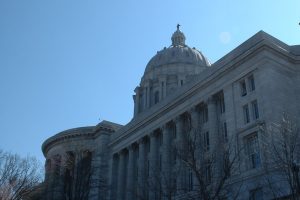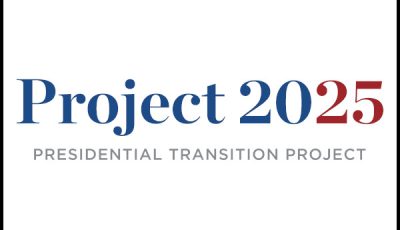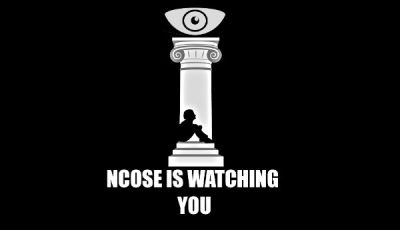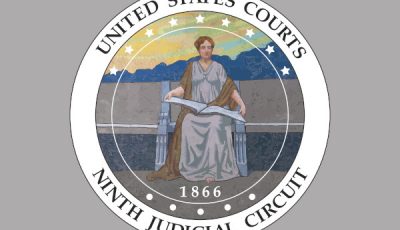In Missouri, One Porn Bill Advances While Another Stalls
 JEFFERSON CITY, Mo. – In different chambers of the Missouri legislature, a familiar pair of porn-related bills appear to be headed toward very different fates.
JEFFERSON CITY, Mo. – In different chambers of the Missouri legislature, a familiar pair of porn-related bills appear to be headed toward very different fates.
In the Missouri Senate, SCR 52, a nonbinding resolution serves to “recognize pornography as leading to individual and societal harms” has been given the thumbs-up from the Rules, Joint Rules, Resolutions and Ethics Committee and appears to be on its way to an eventual vote.
Meanwhile, in the House, action has been postponed on HB 2422, the Show Me State’s version of the Human Trafficking and Child Exploitation Prevention Act (HTCEPA) – possibly signaling that Missouri, like some other states before it, will not hold a vote on the proposed measure.
The language of SCR 52 is consistent with that of other, similar resolutions which have been passed in other states, including Utah, which was the first state to issue a resolution declaring pornography a public health crisis. It’s possible the similarity stems from the resolutions having a common author, the National Center on Sexual Exploitation, although it’s not clear the NCSE had a hand in crafting the Missouri resolution, as it did with Utah’s resolution.
As with the versions passed in other states, Missouri’s resolution includes a long recitation of porn’s alleged harms. Some of these purported harms invoke scientific evidence to support the claim (“recent research indicates that pornography is potentially biologically addictive”) while other harms fall into what can be described as more traditional, socially-conservative concerns about the impact of sexually explicit media on its viewers (“use of pornography, by either partner, is linked to an increased likelihood that individuals will engage in group intercourse.”).
Another thing the Missouri resolution shares with that of other states is its nonbinding nature, meaning the resolution creates no new law or regulation, but seems designed to pave the way for future regulatory and legislative action in the future.
“Now, Therefore, Be It Resolved by the members of the Missouri Senate, Ninety-ninth General Assembly, Second Regular Session, the House of Representatives concurring therein, hereby recognize pornography as leading to individual and societal harms and recognize the need for education, prevention, research, and policy change at the community and societal level,” the resolution concludes, perhaps signaling the legislature’s intent to follow up later with such “policy change” in subsequent legislation.
As for the Missouri version of the HTCEPA, unlike some of its equivalents under consideration in other states, HB 2422 offers statutory definitions of terms like “revenge pornography,” one of the content types to which access would have to be blocked by products which make “content accessible on the internet,” were this bill to become law.
While more detailed in that sense, HB 2422 does nothing more to explain how the required “blocking software” would (or could) accomplish proactive blocking of such material than its parallels considered by other state legislatures. This is a particularly vexing problem when it comes to “obscene material,” considering the fact obscenity is a question for a trier of fact (meaning a judge or jury) and is determined on a case-by-case basis.
As with other iterations of the HTCEPA, the Missouri version allows for the disabling of the blocking software, provided that “the person who purchased or leased the product: (1) Specifically requests that the distributor deactivate the blocking software; (2) Presents identification that proves that the person is eighteen years of age or older; (3) Acknowledges the receipt of a written warning from the distributor that deactivating the blocking software will prevent the blocking of obscene material; and (4) Pays to the distributor a twenty-dollar one-time deactivation fee.”
As to the $20 deactivation fee, the bill also specifies “nothing in sections 589.1000 to 589.1014 shall prohibit a distributor from imposing an additional charge to deactivate the blocking software,” so the actual charge to the consumer for disabling the blocking software is unknown.
SCR 52 was reported from committee on May 8. It’s not clear at the time of this post when further action will be taken on the bill. Action has been postponed on HB 2422, rendering it unlikely the bill will be put to a vote during the current legislative session.













